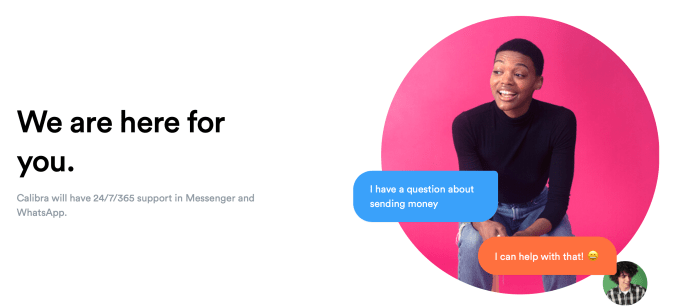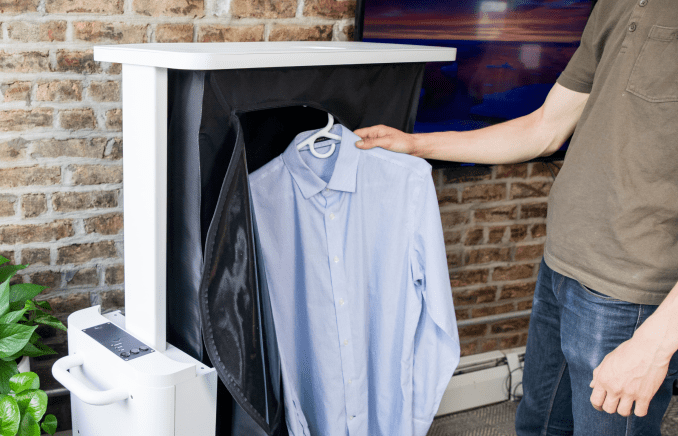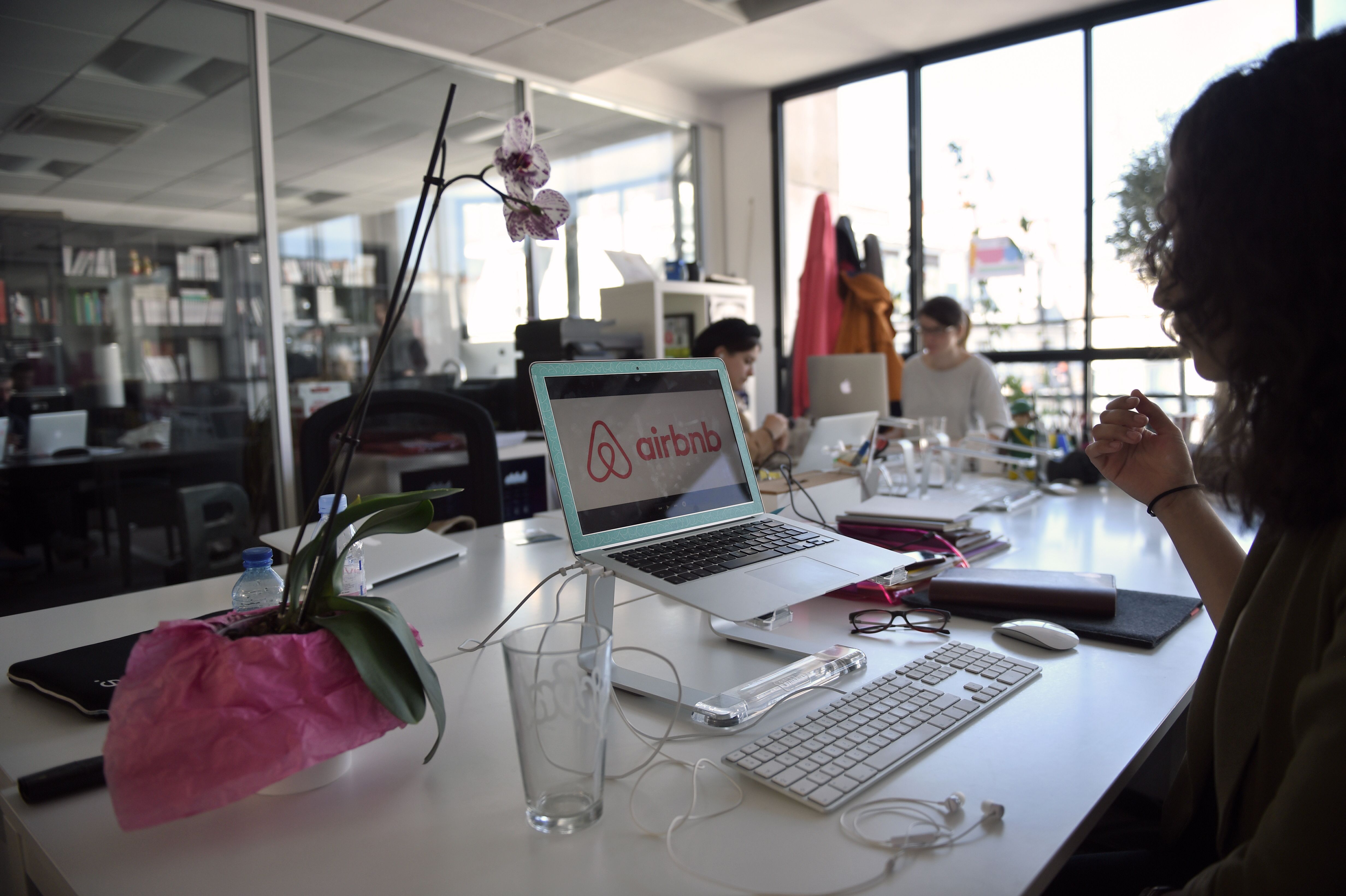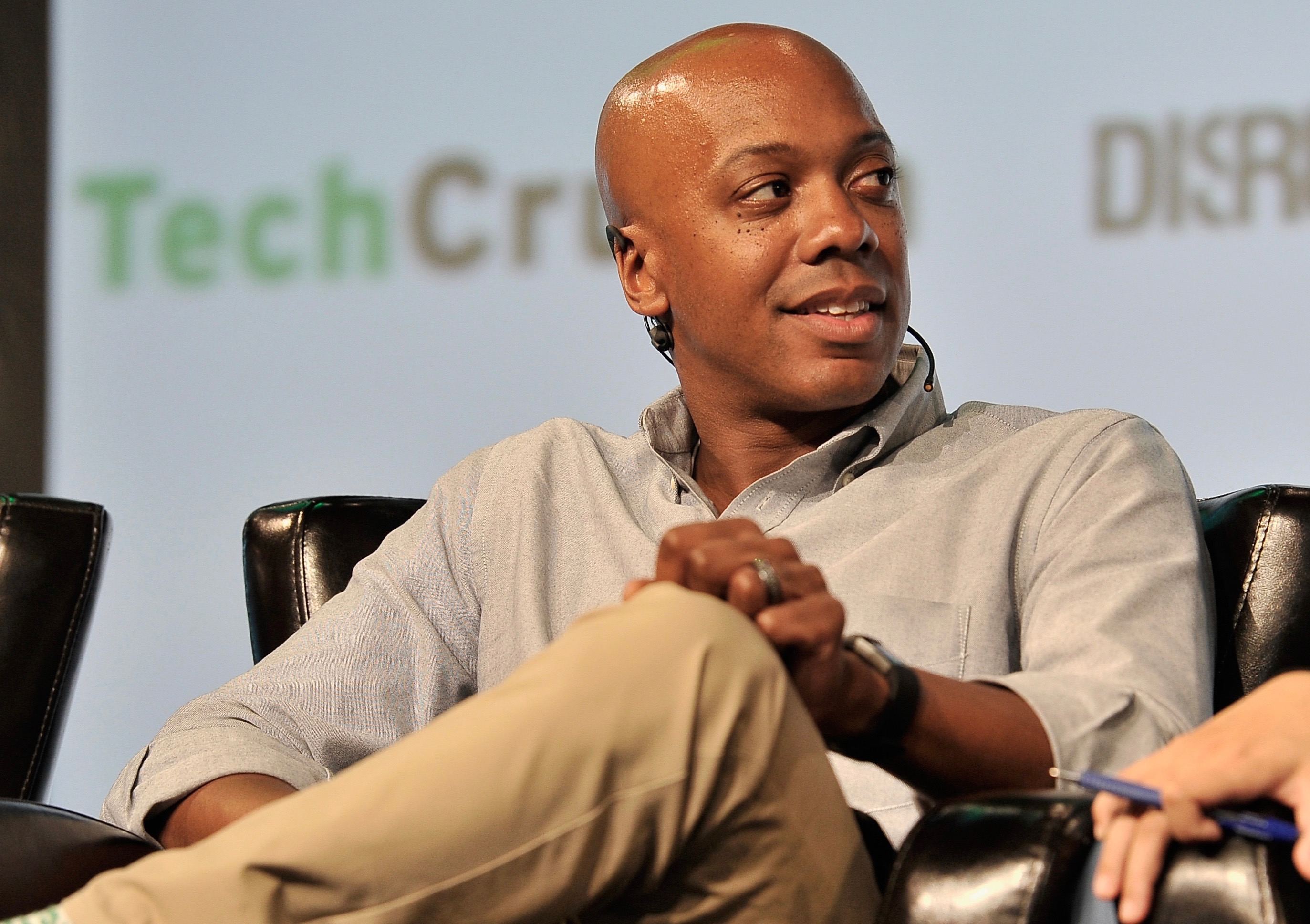Facebook CEO Mark Zuckerberg, a 35-year-old billionaire who keeps refusing to sit in front of international parliamentarians to answer questions about his ad business’ impact on democracy and human rights around the world, has a new piece of accountability theatre to sell you: An “Oversight Board“.
Not of Facebook’s business itself. Though you’d be forgiven for thinking that’s what Facebook’s blog post is trumpeting, with the grand claim that it’s “Establishing Structure and Governance for an Independent Oversight Board”.
Referred to during the seeding stage last year, when Zuckerberg gave select face-time to podcast and TV hosts he felt comfortable would spread his conceptual gospel with a straight face, as a sort of ‘Supreme Court of Facebook’, this supplementary content decision-making body has since been outfitted in the company’s customary (for difficult topics) bloodless ‘Facebookese’ (see also “inauthentic behavior”; its choice euphemism for fake activity on its platform).
The Oversight Board is intended to sit atop the daily grind of Facebook content moderation, which takes place behind closed doors and signed NDAs, where outsourced armies of contractors are paid to eyeball the running sewer of hate, abuse and violence so actual users don’t have to, as a more visible mechanism for resolving and thus (Facebook hopes) quelling speech-related disputes.
Facebook’s one-size-fits-all content moderation policy doesn’t and can’t. There’s no such thing as a 2.2BN+ “community” — as the company prefers to refer to its globe-spanning user-base. So quite how the massive diversity of Facebook users can be meaningfully represented by the views of a last resort case review body with as few as 11 members has not yet been made clear.
“When it is fully staffed, the board is likely to be forty members. The board will increase or decrease in size as appropriate,” Facebook writes vaguely this week.
Even if it were proposing one board member per market of operation (and it’s not) that would require a single individual to meaningfully represent the diverse views of an entire country. Which would be ludicrous, as well as risking the usual political divides from styming good faith effort.
It seems most likely Facebook will seek to ensure the initial make-up of the board reflects its corporate ideology — as a US company committed to upholding freedom of expression. (It’s clearly no accident the first three words in the Oversight Board’s charter are: “Freedom of expression”.)
Anything less US-focused might risk the charter’s other clearly stated introductory position — that “free expression is paramount”.
But where will that leave international markets which have suffered the worst kinds of individual and societal harms as a consequence of Facebook’s failure to moderate hate speech, dangerous disinformation and political violence, to name a few of the myriad content scandals that dog the company wherever it goes.
Facebook needs international markets for its business to turn a profit. But you sure wouldn’t know it from its distribution of resources. Not for nothing has the company been accused of digital colonialism.
The level of harm flowing from Facebook decisions to take down or leave up certain pieces of content can be excruciatingly high. Such as in Myanmar where its platform became a conduit for hate speech-fuelled ethnic violence towards the Rohingya people and other ethnic minorities.
It’s reputational-denting failures like Myanmar — which last year led the UN to dub Facebook’s platform “a beast” — that are motivating this latest self-regulation effort. Having made its customary claim that it will do a better job of decision-making in future, Facebook is now making a show of enlisting outsiders for help.
The wider problem is Facebook has scaled so big its business is faced with a steady pipeline of tricky, controversial and at times life-threatening content moderation decisions. Decisions it claims it’s not comfortable making as a private company. Though Facebook hasn’t expressed discomfort at monetizing all this stuff. (Even though its platform has literally been used to target ads at nazis.)
Facebook’s size is humanity’s problem but of course Facebook isn’t putting it like that. Instead — coming sometime in 2020 — the company will augment its moderation processes with a lottery-level chance of a final appeal via a case referral to the Oversight Board.
The level of additional oversight here will of course be exceptionally select. This is a last resort, cherry-picked appeal layer that will only touch a fantastically tiny proportion of the content choices Facebook moderators make every second of every day — and from which real world impacts ripple out and rain down.
“We expect the board will only hear a small number of cases at first, but over time we hope it will expand its scope and potentially include more companies across the industry as well,” Zuckerberg writes this week, managing output expectations still many months ahead of the slated kick off — before shifting focus onto the ‘future hopes’ he’s always much more comfortable talking about.
Case selection will be guided by Facebook’s business interests, meaning the push, even here, is still for scale of impact. Facebook says cases will be selected from a pool of complaints and referrals that “have the greatest potential to guide future decisions and policies”.
The company is also giving itself the power to leapfrog general submissions by sending expedited cases directly to the board to ask for a speedy opinion. So its content questions will be prioritized.
Incredibly, Facebook is also trying to sell this self-styled “oversight” layer as independent from Facebook.
The Oversight Board’s overtly bureaucracy branding is pepped up in Facebook headline spin as “an Independent Oversight Board”. Although the adjective is curiously absent from other headings in Facebook’s already sprawling literature about the OB. Including the newly released charter which specifies the board’s authority, scope and procedures, and was published this week.
The nine-page document was accompanied by a letter from Zuckerberg in which he opines on “Facebook’s commitment to the Oversight Board”, as his header puts it — also dropping the word ‘independent’ in favor of slipping into a comfortable familiar case. Funny that.
The body text of Zuckerberg’s letter goes on to make several references to the board as “independent”; an “independent organization”; exercising “its independent judgement”. But here that’s essentially just Mark’s opinion.
The elephant in the room — which, if we continue the metaphor, is in the process of being dressed by Facebook in a fancy costume that attempts to make it look like, well, a board room table — is the supreme leader’s ongoing failure to submit himself and his decisions to any meaningful oversight.
Supreme leader is an accurate descriptor for Zuckerberg as Facebook CEO, given the share structure and voting rights he has afforded himself mean no one other than Zuckerberg can sack Zuckerberg. (Asked last year, during a podcast interview with recode’s Kara Swisher if he was going to fire himself, in light of myriad speech scandals on his platform, Zuckerberg laughed and then declined.)
It’s a corporate governance dictatorship that has allowed Facebook’s boy king to wield vast power around the world without any internal checks. Power without moral responsibility if you will.
Throughout Zuckerberg’s (now) 15-year apology tour turn as Facebook CEO neither the claims he’ll do things differently next time nor the cool expansionist ambition have wavered. He’s still at it of course; with a plan for a global digital currency (Libra), while bullishly colonizing literal hook-ups (Facebook Dating). Anything to keep the data and ad dollars flowing.
Recently Facebook also paid a $5BN FTC fine to avoid its senior executives having to face questions about their data governance and policy enforcement fuck-ups — leaving Zuckerberg & co free to get back to lucrative privacy-screwing business as usual. (To put the fine in context, Facebook’s 2018 full year revenue clocked in at $55.8BN.)
All of which is to say that an ‘independent’ Facebook-devised “Oversight Board” is just a high gloss sticking plaster to cover the lack of actual regulation — internal and external — of Zuckerberg’s empire.
It is also an attempt by Facebook to paper over its continued evasion of democratic accountability. To distract from the fact its ad platform is playing fast and loose with people’s rights and lives; reshaping democracies and communities while Facebook’s founder refuses to answer parliamentarians’ questions or account for scandal-hit business decisions. Privacy is never dead for Mark Zuckerberg.
Evasion is actually a little tame a term. How Facebook operates is far more actively hostile than that. Its platform is reshaping us without accountability or oversight, even as it ploughs profits into spinning and shape-shifting its business in a bid to prevent our democratically elected representatives from being able to reshape it.
Zuckerberg appropriating the language of civic oversight and jurisprudence for this “project”, as his letter calls the Oversight Board — committing to abide by the terms of a content decision-making review vehicle entirely of his own devising, whose Facebook-written charter stipulates it will “review and decide on content in accordance with Facebook’s content policies and values” — is hardly news. Even though Facebook is spinning at the very highest level to try to make it so.
What would constitute a newsworthy shock is Facebook’s CEO agreeing to take questions from the democratically elected representatives of the billions of users of his products who live outside the US.
Zuckerberg agreeing to meet with parliamentarians around the world so they can put to him questions and concerns on a rolling and regular basis would be a truly incredible news flash.
Instead it’s fiction. That’s not how the empire functions.
The Facebook CEO has instead ducked as much democratic scrutiny as a billionaire in charge of a historically unprecedented disinformation machine possibly can — submitting himself to an awkward question-dodging turn in Congress last year; and one fixed-format meeting of the EU parliament’s conference of presidents, initially set to take place behind closed doors (until MEPs protested), where he was heckled for failing to answer questions.
He has also, most recently, pressed US president Donald Trump’s flesh. We can only speculate on how that meeting of minds went. Power meet irresponsibility — or was it vice versa?
International parliamentarians trying on behalf of the vast majority of the world’s Facebook users to scrutinize Zuckerberg and hold his advertising business to democratic account have, meanwhile, been roundly snubbed.
Just this month Zuckerberg declined a third invitation to speak in front of the International Grand Committee on Disinformation which will convene in Dublin this November.
At a second meeting in Canada earlier this year Zuckerberg and COO Sheryl Sandberg both refused to appear — leading the Canadian parliament’s ethics committee to vote to subpoena the pair.
While, last year, the UK parliament got so frustrated with Facebook’s evasive behavior during a timely enquiry into online disinformation, which saw its questions fobbed off by a parade of Zuckerberg stand-ins armed with spin and misdirection, that a sort of intergovernmental alchemy occurred — and the International Grand Committee on Disinformation was formed in an eye-blink, bringing multiple parliaments together to apply democratic pressure to Facebook.
The UK Digital, Culture, Media and Sport committee’s frustration at Facebook’s evasive behavior also led it to deploy arcane parliamentary powers to seize a cache of internal Facebook documents from a US lawsuit in a creative attempt to get at the world-view locked inside Zuckerberg’s blue box.
The unvarnished glimpse of Facebook’s business that these papers afforded certainly isn’t pretty…
US legal discovery appears to be the only reliable external force capable of extracting data from inside the bellow of the nation-sized beast. That’s a problem for democracies.
So Facebook instructing an ‘oversight board’ of its own making to do anything other than smooth publicity bumps in the road, and pave the way for more Facebook business as usual, is like asking a Koch brothers funded ‘stink tank’ to be independent of fossil fuel interests. The OB is just Facebook’s latest crisis PR tool. More fool anyone who signs up to ink their name to its democratically void rubberstamp.
Dig into the detail of the charter and cracks in the claimed “independence” soon appear.
Aside from the obvious overriding existential points that the board only exists because Facebook exists, making it a dependent function of Facebook whose purpose is to enable its spawning parental system to continue operating; and that it’s funded and charged with chartered purpose by the very same blue-veined god it’s simultaneously supposed to be overseeing (quite the conflict of interest), the charter states that Facebook itself will choose the initial board members. Who will then choose the rest of the first cohort of members.
“To support the initial formation of the board, Facebook will select a group of cochairs. The co-chairs and Facebook will then jointly select candidates for the remainder of the board seats,” it writes in pale grey Facebookese with a tone set to ‘smooth reassurance’ — when the substance of what’s being said should really make you go ‘wtf, how is that even slightly independent?!’
Because the inaugural (Facebook-approved) member cohort will be responsible for the formative case selections — which means they’ll be laying down the foundational ‘case law’ that the board is also bound, per Facebook’s charter, to follow thereafter.
“For each decision, any prior board decisions will have precedential value and should be viewed as highly persuasive when the facts, applicable policies, or other factors are substantially similar,” runs an instructive section on the “basis of decision-making”.
The problem here hardly needs spelling out. This isn’t Facebook changing, this is more of the same ‘Facebook first’ ethos which has always driven its content moderation decisions — just now with a highly polished ‘overseen’ sheen.
This isn’t accountability either. It’s Facebook trying to protect its business from actual regulation by creating a blame-shifting firewall to shield its transparency-phobic execs from democratic (and moral) scrutiny. And indeed to shield Zuckerberg & his inner circle from future content scandals that might threaten to rock the throne, a la Cambridge Analytica.
(Judging by other events this week that mission may not be going so well… )
Given the lengths this company is going to to eschew democratic scrutiny — ducking and diving even as it weaves its own faux oversight structure to manage negative PR on its behalf (yep, more fakes!) — you really have to wonder what Facebook is trying to hide.
A moral vacuum the size of a black hole? Or perhaps it’s just trying to buy time to complete its corporate takeover of the democratic world order…
Because of course the Oversight Board can’t set actual Facebook policy. Don’t be ridiculous! It can merely issue policy recommendations — which Facebook can just choose to ignore.
So even if we imagine the OB running years in the future, when it might theoretically be possible its membership has drifted out of Facebook’s comfortable set-up “support” zone, the charter has baked in another firewall that lets Zuckerberg ignore any policy pressure he doesn’t like. Just, y’know, on the off-chance the board gets too independently minded. Truly, there’s nothing to see here.
Entities structured by corporate interests to role-play ‘neutral’ advice or ensure ‘transparent’ oversight — or indeed to promulgate self-interested propaganda dressed in the garb of intellectual expertise — are almost always a stacked trick.
This is why it’s preferable to live in a democracy. And be governed by democratically accountable institutions that are bound by legally enforcement standards of transparency. Though Facebook hopes you’ll be persuaded to vote for manipulation by corporate interest instead.
So while Facebook’s claim that the Oversight Board will operate “transparently” sure sound good it’s also entirely meaningless. These are not legal standards of transparency. Facebook is a business, not a democracy. There are no legal binds here. It’s self regulation. Ergo, a pantomime.
You can see why Facebook avoided actually calling the OB its ‘Supreme Court’; that would have been trolling a little too close to the bone.
Without legal standards of transparency (or indeed democratic accountability) being applied, there are endless opportunities for Facebook’s self interest to infiltrate the claimed separation between oversight board, oversight trust and the rest of its business; to shape and influence case selections, decisions and policy recommendations; and to seed and steer narrative-shaping discussion around hot button speech issues which could help move the angry chatter along — all under the carefully spun cover of ‘independent external oversight’.
No one should be fooled into thinking a Facebook-shaped and funded entity can meaningful hold Facebook to account on anything. Nor, in this case, when it’s been devised to absorb the flak on irreconcilable speech conflicts so Facebook doesn’t have to.
It’s highly doubtful that even a truly independent board cohort slotted into this Zuckerberg PR vehicle could meaningfully influence Facebook’s policy in a more humanitarian direction. Not while its business model is based on mass-scale attention harvesting and privacy-hostile people profiling. The board’s policy recommendations would have to demand a new business model. (To which we already know Facebook’s response: ‘LOL! No.’)
The Oversight Board is just the latest blame-shifting publicity exercise from a company with a user-base as big as a country that gifts it massive resource to throw at its ‘PR problem’ (as Facebook sees it); i.e. how to seem like a good corporate citizen whilst doing everything possible to evade democratic scrutiny and outrun the leash of government regulation. tl;dr: You can’t fix anything if you don’t believe there’s an underlying problem in the first place.
For an example of how the views of a few hand-picked independent experts can be channeled to further a particular corporate agenda look no further than the panel of outsiders Google assembled in Europe in 2014 in response to the European Court of Justice ‘right to be forgotten’ ruling — an unappealable legal decision that ran counter to its business interests.
Google used what it billed as an “advisory committee” of outsiders mostly as a publicity vehicle, holding a large number of public ‘hearings’ where it got to frame a debate and lobby loudly against the law. In such a context Google’s nakedly self-interested critique of EU privacy rights was lent a learned, regionally seasoned dressing of nuanced academic concern, thanks to the outsiders doing time on its platform.
Google also claimed the panel would steer its decision-making process on how to implement the ruling. And in their final report the committee ended up aligning with Google’s preference to only carry out search de-indexing at the European (rather than .com global) domain level. Their full report did contain some dissent. But Google’s preferred policy position won out. (And, yes, there were good people on that Google-devised panel.)
Facebook’s Oversight Board is another such self-interested tech giant stunt. One where Facebook gets to choose whether or not to outsource a few tricky content decisions while making a big show of seeming outward-looking, even as it works to shift and defuse public and political attention from its ongoing lack of democratic accountability.
What’s perhaps most egregious about this latest Facebook charade is it seems intended to shift attention off of the thousands of people Facebook pays to labor daily at the raw coal face of its content business. An outsourced army of voiceless workers who are tasked with moderating at high speed the very worst stuff that’s uploaded to Facebook — exposing themselves to psychological stress, emotional trauma and worse, per multiple media reports.
Why isn’t Facebook announcing a committee to provide that existing expert workforce with a public voice on where its content lines should lie, as well as the power to issue policy recommendations?
It’s impossible to imagine Facebook actively supporting Oversight Board members being selected from among the pool of content moderation contractors it already pays to stop humanity shutting its business down in sheer horror at what’s bubbling up the pipe.
On member qualifications, the Oversight Board charter states: “Members must have demonstrated experience at deliberating thoughtfully and as an open-minded contributor on a team; be skilled at making and explaining decisions based on a set of policies or standards; and have familiarity with matters relating to digital content and governance, including free expression, civic discourse, safety, privacy and technology.”
There’s surely not a Facebook moderator in the whole wide world who couldn’t already lay claim to that skill-set. So perhaps it’s no wonder the company’s ‘Oversight Board’ isn’t taking applications.

from TechCrunch https://ift.tt/2ObvtA5

![]() William Davies / The Guardian:
William Davies / The Guardian:













